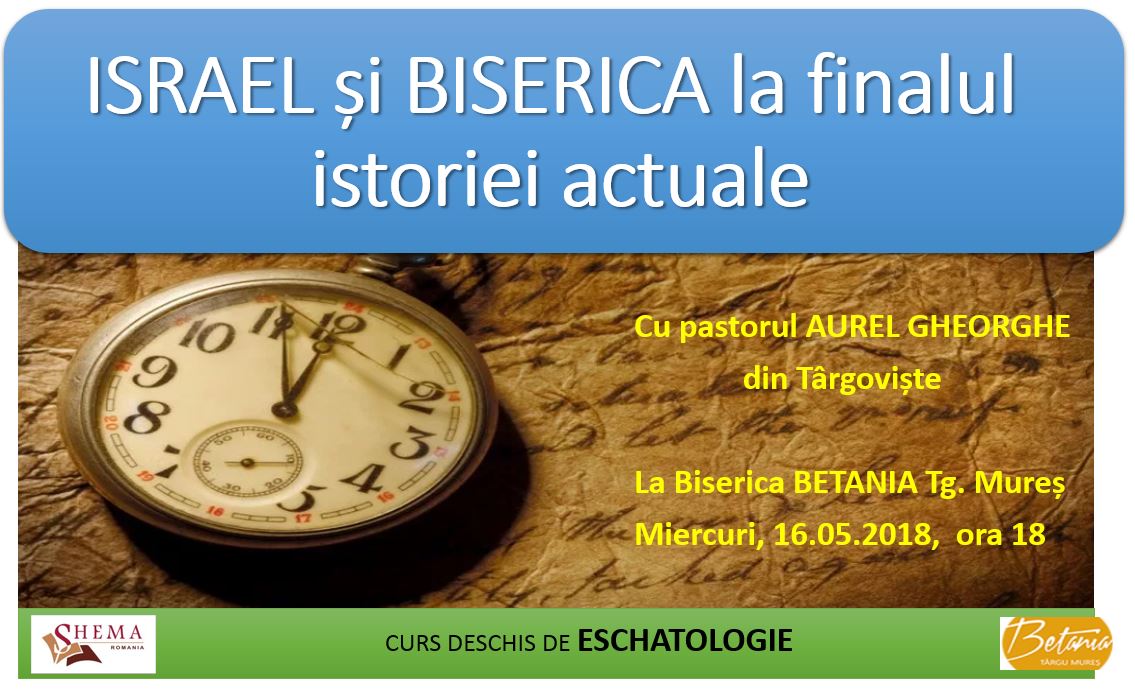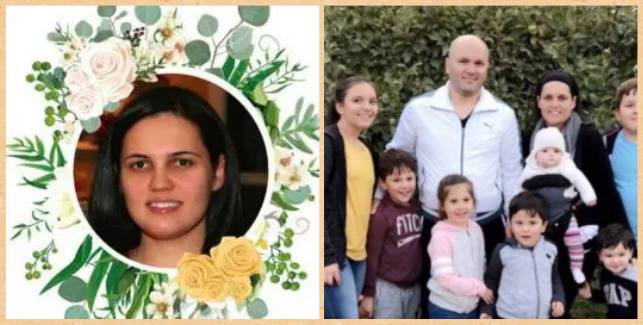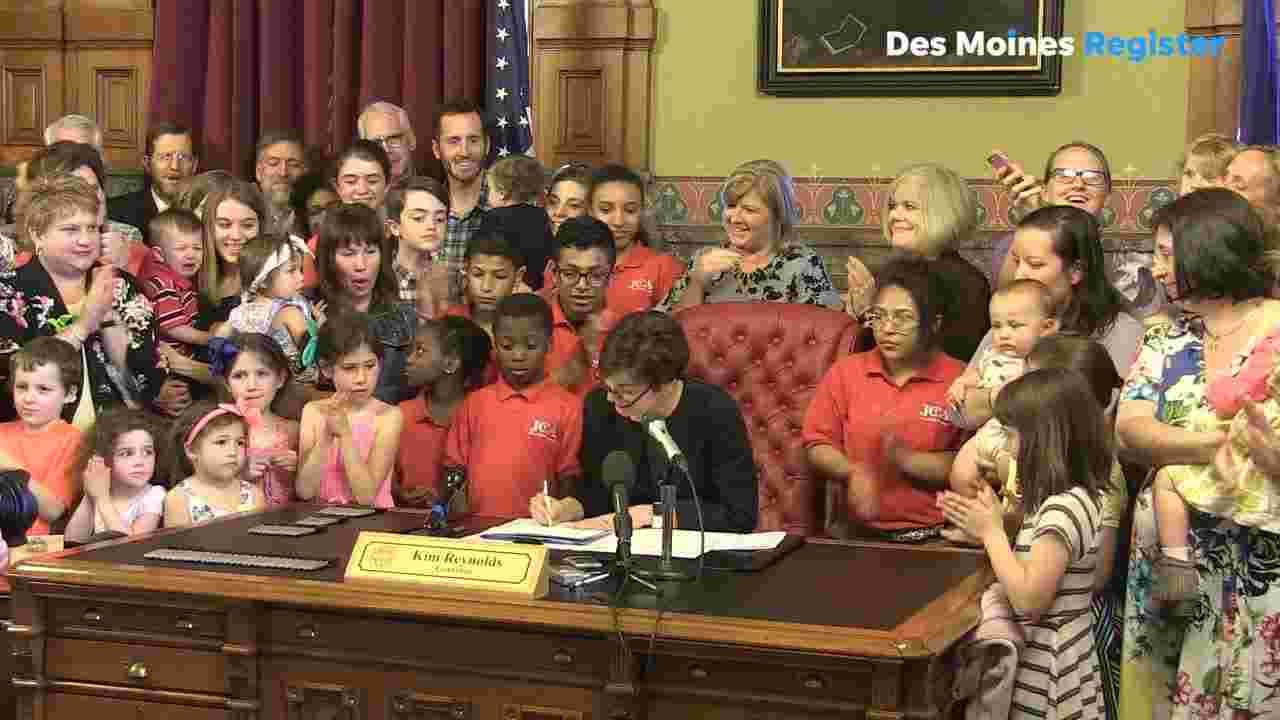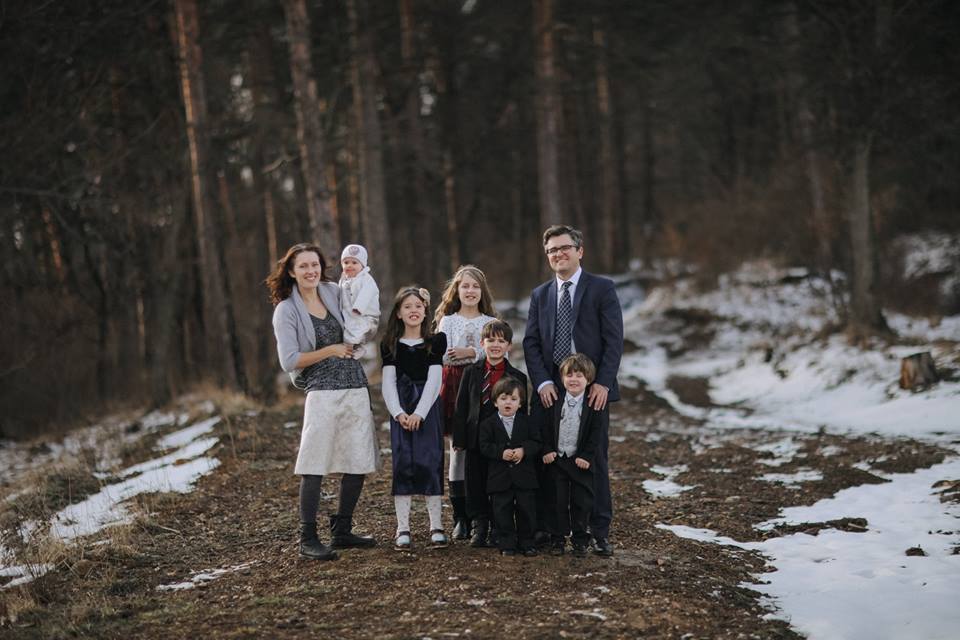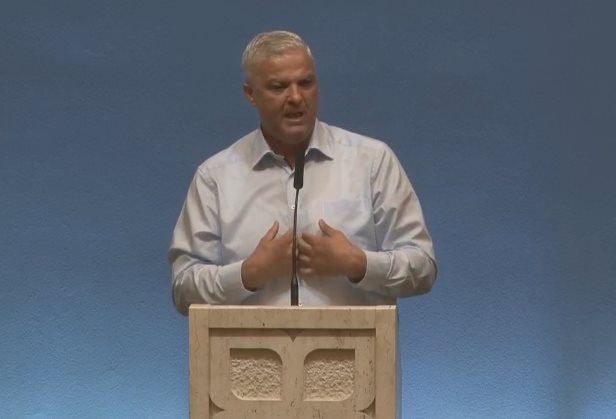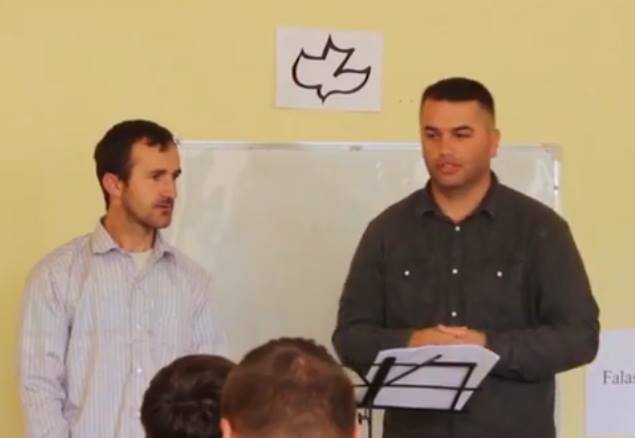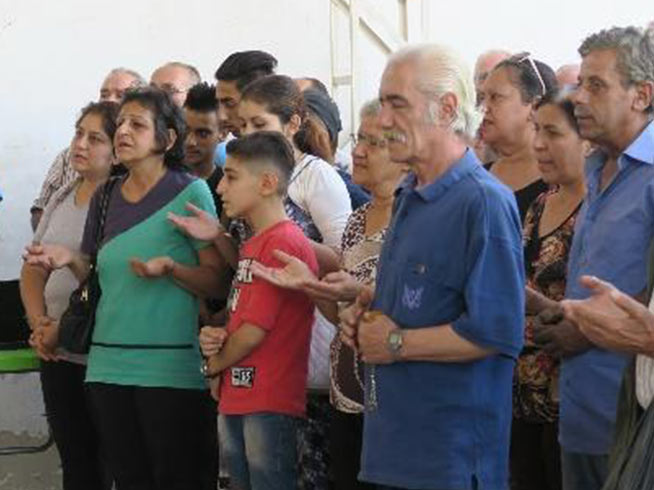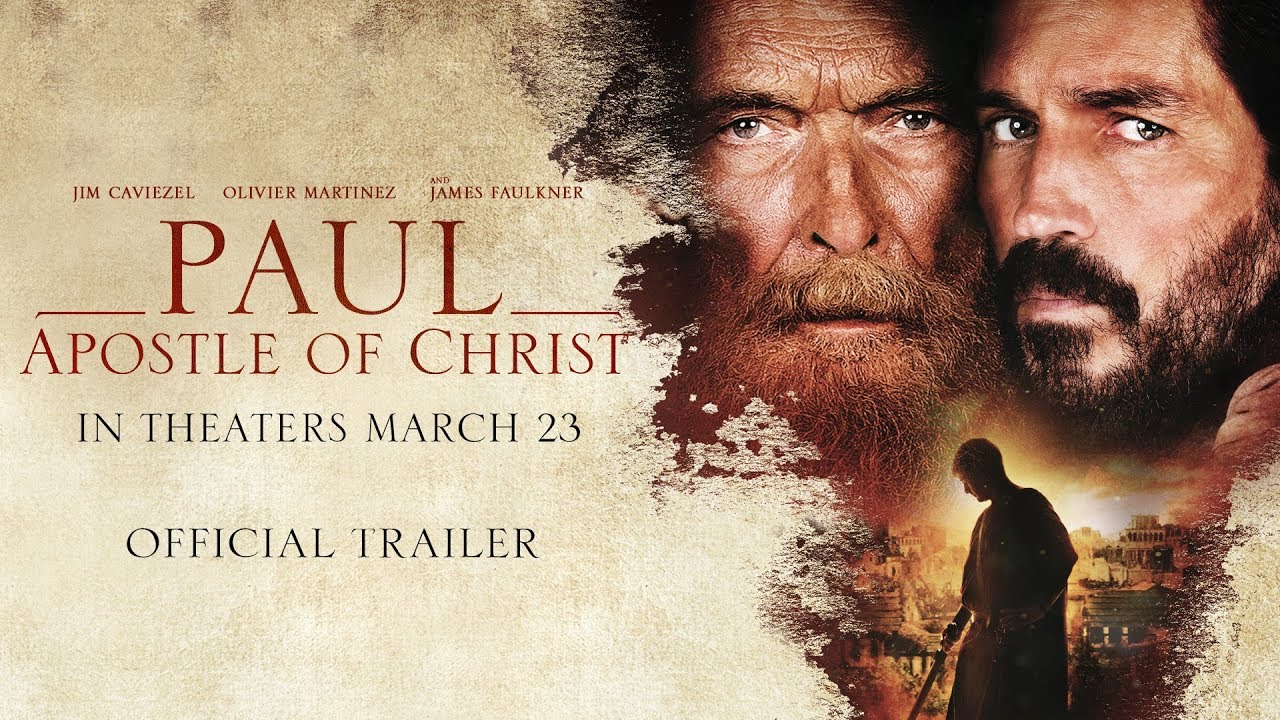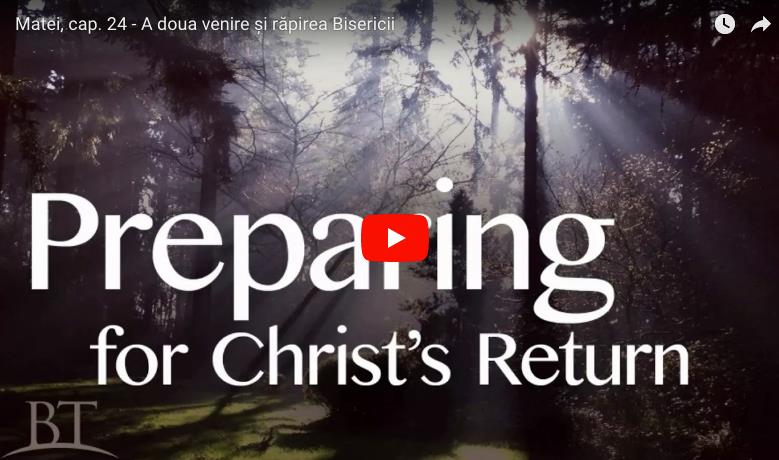
Photo credit www.artprintcollection.com
Am auzit o poveste…
Era un sat în care atunci când îti pețeai mireasa dadeai o vaca tatălui miresei pentru ea. Si în felul acesta era practic cererea in casatorie.
Și era o fată in satul respectiv foarte rușinoasă, tot timpul cu capul plecat când mergea la fântấnă și toți baieții râdeau de ea.
A venit un flăcău și a adus 8 vaci. Și a venit la tatal ei și a zis, „Am venit sa pețesc mireasa. Tatal ei s-a uitat cruciș la el, „Nimeni n-a facut așa ceva vreodata în satul nostru”. Toată lumea a râs de el.
El a lăsat vacile. Și-a luat mireasa și s-a dus acasa.
Nu a trecut foarte mult timp și cineva îi bate la ușa, unul dintre prietenii lui. O doamnă cu fața senina, înaltă, frumoasă deschide ușa și-l invită în casă. Și omul nostru rămâne absolut buimac. „Asta este fata rușinoasă din satul nostru?”
Nu știu câtă încredere avem in soțiile noastre. Nu uitați, frica, suspiciunea, neîncrederea ucide vasul slab de lângă noi. Ca ea să poată înflori trebuie să ai încredere in ea.
POVESTIREA #2 O povestire reala
Dati-mi voie sa va aduc o poveste reala. Era prin anii ’80 si Dumnezeu, in raspuns la rugaciunile noastre a inceput sa ne aduca invatatori dupa cerintele, sau daca vreti, dupa nivelul intrebarilor noastre. Si cineva, undeva, pe alt continent, in America de Nord, i-a dat o ideie ca sa aduca in Romania tot corpul profesional de la Wheaton College. Si fiecare vara ducea 2,3. Stateam ascunsi cu ei prin paduri, prin apartamente si de dimineata pana seara studiam Scriptura. Si unul dintre ei, tin minte, era o vara torida, eram in Oradea, era Paul DeVree(?), seful catedrei de filozofie de la Wheaton College.
Avea o problema serioasa de ochi. Se vedea cand te uitai la el si ochelarii pe care-i purta. SI intr-o zi ne-a povestit viata Lui. S-a nascut cu problema asta de ochi si cand s-a dus la scoala n-a spus nimanui ca el nu vede tabla, nu vede ce-i scris acolo. Va dati seama cum aratau caietele lui, cum aratau lucrarile lui. Abia ca s-a tarat peste clasa IV-a. In clasa IV-a a trebuit sa dea un examen pentru pregatirea in clasa V-a. La lucrarea de la matematica i-au gresit lucrarea, i-au incurcat-o. I-au dat o nota foarte mare. Hai sa zicem, in limba Romana, un 9. A intrat in clasa V-a, notele la matematica 2, 2. A venit profesoara la el si a zis, „Paul, nu se poate. Uite aici lucrarea ta. Tu esti un baiat de nota 9, nu de 2. Stiti ce a spus el? „Am terminat liceul primul din clasa.”
Spuneti-mi, ce l-a propulsat pe Paul de la 2 la 10? Increderea, incurajarea. Profesoara de matematica, mai tarziu, a aflat povestea. A fost corectata lucrarea lui. Poate ca ai o sotie de nota 2. Oare, iubirea ta ar putea sa faca din ea un ajutor potrivit de nota 9? Cel putin. De aceea va lăsa omul pe tatăl său şi pe mamă-sa, şi se va lipi de nevastă-sa, şi cei doi vor fi un singur trup` Nu stiu daca simtiti greutatea acestui „de aceea”. Ca sa iubeasca „ca şi Hristos Biserica” si sa o ajute astfel in devenirea ei.
Vezi PAGINA – Beniamin Faragau aici
READ this story here, in the ENGLISH language:

Photo credit missjintanzania.primaryblogger.co.uk
The Tale of the Eight-Cow Wife
Once there was a missionary whose ministry was to a small community of tribes in Africa. One of the more quirky traditions of the tribe was the process for choosing a spouse.
When a father deemed that his daughter was old enough to be married, he announced it. Over the next few days and weeks, the eligible bachelors communicated their desire to marry her by tying cows to the father’s fence.
In the end, the one who had paid the most cows got the girl (and the dad got the cows).
Obviously, the more of the traits of a good wife (culturally) that a woman demonstrated, the more cows she would bring. If she were kind, submissive, smart, beautiful, etc., then she might bring 4 or 5 cows (6 was the record). Others might get 2 or 3 cows.
The missionary was mentoring a number of young Christian men preparing them to be ministers for their own people. One, in particular, he was friends with. This young man had committing himself to finding the greatest wife ever. He insisted that he would keep looking until he found an “8-cow wife.”
Despite the protests of the parents and the missionary, the young man was intent … and unmarried.
Eventually, the missionary was called back home for a furlough break. While home, he received a telegram from the village. “_________ married, eight-cow wife”.
The missionary was intrigued and couldn’t wait to get back to the village to find out more.
When he finally did, he went straight to the young man’s house and was welcomed in by the gentlest, most deferential, beautiful young lady he had ever seen. As the men sat to talk, she served them kindly and was clearly very smart. She brightened the room in every way.
Stunned, the old missionary proclaimed, “You did it. I must admit that you have found an eight-cow wife indeed! Where did you find her?”
The young man replied, “Oh, that is _________ from the next village.”
The missionary was surprised. “I knew her, certainly she was a kind and pretty girl, but, no offense, I would not have thought of her as an eight-cow wife, and certainly I would never have recognized this wife as her!”
The young man smiled and said “After you left I searched and searched and was despairing of ever finding my eight cow wife when I believe God intervened. I believe He revealed to me this truth: there was one way to get an eight-cow wife. I chose a woman and paid eight cows for her.”
~~~~
Moral of the story: We can imagine what it did to the young lady of character, when a man chose her so certainly and with such finality, and in doing so making her the only eight-cow wife in the history of the community!
source Crosswalk.com – http://www.crosswalk.com/blogs/chris-legg/the-8-cow-wife-story.html

 La Biserica Sfanta Treime, Deva in Februarie 2010. Intalnirea tinerilor baptisti din comunitatea Hunedoara.
La Biserica Sfanta Treime, Deva in Februarie 2010. Intalnirea tinerilor baptisti din comunitatea Hunedoara.


 Photo credit
Photo credit 


















